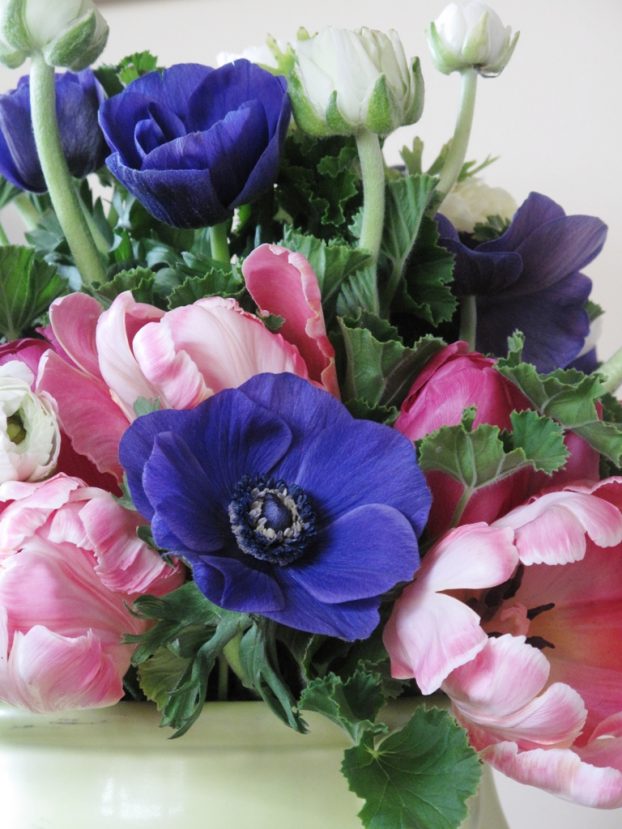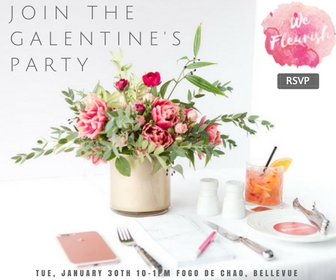Podcast: Play in new window | Download
Subscribe: Apple Podcasts | Podcast Index | RSS | More
As you heard last week, I recently traveled to Washington, D.C., to preview the venue where the 2018 Slow Flowers Summit will be held on Friday, June 29th — at the Marriott Wardman Park in the nation’s capitol.
Many of you have already registered for the one-day conference at the special rate for Slow Flowers members. To motivate more of you to attend, I have a special announcement.
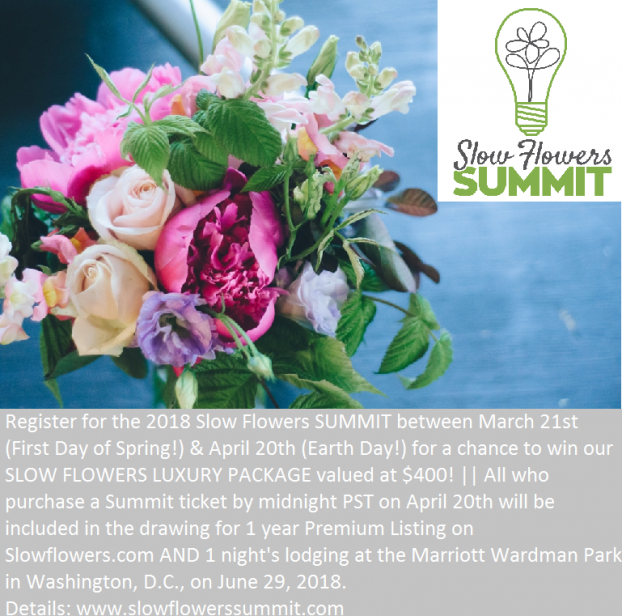
Beginning today — Wednesday, March 21st, which happens to be the Spring Equinox, and through April 20th, which is Earth Day, everyone who registers for the Slow Flowers Summit will be included in a drawing for a Slow Flowers Luxury Package, which includes a one-year Premium membership and one night’s complimentary lodging at the Marriott Wardman Park during the Summit.
The value of this prize package is $400 — more than double the $195 registration cost to Slow Flowers members.
If you’ve already reserved and paid for your ticket to the Summit, don’t worry because just to be fair, your name will also be included in the Earth Day Drawing. I’ll announce the winner of the Slow Flowers Luxury Package on Wednesday, April 25th.
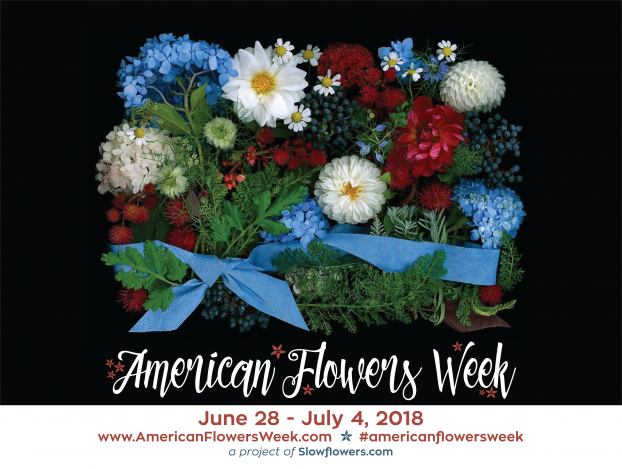
I commissioned Connecticut botanical artist Ellen Hoverkamp to create our American Flowers Week 2018 image and branding!
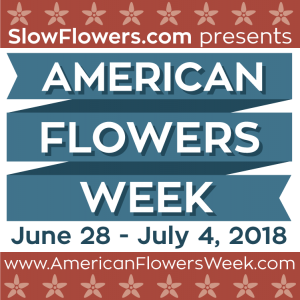 Plus, as a thank you to everyone who makes an early commitment to attend the Summit, you’ll receive a special Slow Flowers gift that includes 100 American Flowers Week bouquet labels to adorn your flowers during the campaign AND a beautiful American Flowers Week poster featuring the red-white-and-blue botanical art of Ellen Hoverkamp — perfect for your shop or studio walls. Check out her artwork in today’s show notes.
Plus, as a thank you to everyone who makes an early commitment to attend the Summit, you’ll receive a special Slow Flowers gift that includes 100 American Flowers Week bouquet labels to adorn your flowers during the campaign AND a beautiful American Flowers Week poster featuring the red-white-and-blue botanical art of Ellen Hoverkamp — perfect for your shop or studio walls. Check out her artwork in today’s show notes.
Find all the details about the Slow Flowers Summit at today’s podcast show notes — And good luck! You might be our one fortunate winner!
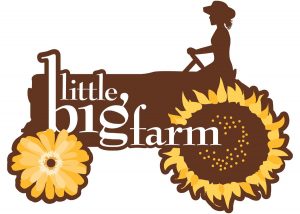 Okay, time to meet today’s guest, farmer-florist Patti Kraemer-Doell of Little Big Farm, a small family flower farm in Blairstown, situated in the foothills of northern Warren County, New Jersey.
Okay, time to meet today’s guest, farmer-florist Patti Kraemer-Doell of Little Big Farm, a small family flower farm in Blairstown, situated in the foothills of northern Warren County, New Jersey.
Little Big Farm’s primary farming activity is to grow the most beautiful blooms possible without the use of pesticides or herbicides and to serve customers seeking organically grown, locally sourced fresh cut flowers for their weddings, parties, and design activities.
While Patti has owned Little Big Farm since 2006, she has been working in horticulture since the mid 1990s when she formed a partnership in a floral landscape design company.
In 1997, Patti took a position at the New York Botanical Garden as the coordinator for the Ruth Rea Howell Family Garden where she was responsible for programs that instructed inner-city children and residents how to propagate flowers and vegetables.
In 2002, Patti pursued her long-time interest in farming by taking a position at The Good Hand Farm in Andover, N.J. There, Patti was responsible for assisting in the propagation of certified organic vegetables and managing the farm’s participation in the Union Square (NYC) and Millburn, N.J., farmers’ markets. In 2003, Patti joined the Walnut Grove farm to assist the well-established operation’s production of organically grown vegetables and Christmas trees.
Patti is a member of Slow Flowers, the Northeast Organic Farming Association, the Association of Specialty Cut Flower Growers, Foodshed Alliance and Local Harvest.
Follow The Little Big Farm onPinterest
Connect with The Little Big Farm on Instagram
Find The Little Big Farm on Facebook
Thanks for joining me today! Don’t forget to check out all the details about our — Slow Flowers Luxury Package and make sure you’re among the eligible entries who register for the Slow Flowers Summit by April 20th – Earth Day.
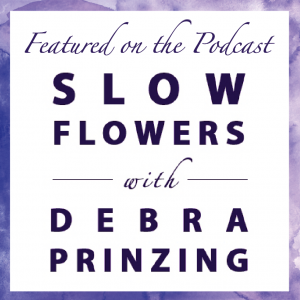 The Slow Flowers Podcast has been downloaded more than 295,000 times by listeners like you. Thank you for downloading, listening, commenting and sharing — it means so much.
The Slow Flowers Podcast has been downloaded more than 295,000 times by listeners like you. Thank you for downloading, listening, commenting and sharing — it means so much.
As the Slow Flowers Movement gains more supporters and more passionate participants who believe in the importance of the American cut flower industry, the momentum is contagious.
I know you feel it, too. I value your support and invite you to show your thanks and with a donation to support my ongoing advocacy, education and outreach activities. You can find the donate button in the right column.
Thank you to our sponsors who have supported Slow Flowers and all of our programs including this podcast, American Flowers Week, the Slowflowers.com online directory to American grown flowers, as well as our new channels, Slow Flowers Journal and the 2018 Slow Flowers Summit.
They are:
And thank you to our lead sponsor for 2018, Florists’ Review magazine. I’m delighted to serve as Contributing Editor for the new Slow Flowers Journal, found in the pages of Florists’ Review. It’s the leading trade magazine in the floral industry and the only independent periodical for the retail, wholesale and supplier market. Take advantage of the special subscription offer for members of the Slow Flowers Community.
This week, we welcome a new Podcast sponsor — Mayesh Wholesale Florist. Family-owned since 1978, Mayesh is the premier wedding and event supplier in the U.S. and we’re thrilled to partner with Mayesh to promote local and domestic flowers, which they source from farms large and small around the U.S. Learn more at mayesh.com.
Certified American Grown Flowers. The Certified American-Grown program and label provide a guarantee for designers and consumers on the source of their flowers. Take pride in your flowers and buy with confidence, ask for Certified American Grown Flowers. To learn more visit americangrownflowers.org.
Arctic Alaska Peonies, a cooperative of passionate family farms in the heart of Alaska providing bigger, better peony flowers during the months of July and August. Visit them today at arcticalaskapeonies.com
Seattle Wholesale Growers Market, a farmer-owned cooperative committed to providing the very best the Pacific Northwest has to offer in cut flowers, foliage and plants. The Growers Market’s mission is to foster a vibrant marketplace that sustains local flower farms and provides top-quality products and service to the local floral industry. Find them at seattlewholesalegrowersmarket.com
Longfield Gardens provides home gardeners with high quality flower bulbs and perennials. Their online store offers plants for every region and every season, from tulips and daffodils to dahlias, caladiums and amaryllis. Visit them at longfield-gardens.com.
Syndicate Sales, an American manufacturer of vases and accessories for the professional florist. Look for the American Flag Icon to find Syndicate’s USA-made products and join the Syndicate Stars loyalty program at syndicatesales.com.
Johnny’s Selected Seeds, an employee-owned company that provides our industry the best flower, herb and vegetable seeds — supplied to farms large and small and even backyard cutting gardens like mine. Check them out at johnnysseeds.com.
Association of Specialty Cut Flower Growers. Formed in 1988, ASCFG was created to educate, unite, and support commercial cut flower growers. It mission is to help growers produce high-quality floral material, and to foster and promote the local availability of that product. Learn more at ascfg.org
I’m Debra Prinzing, host and producer of the Slow Flowers Podcast. Next week, you’re invited to join me in putting more American grown flowers on the table, one vase at a time. And If you like what you hear, please consider logging onto Itunes and posting a listener review.
The content and opinions expressed here are either mine alone or those of my guests alone, independent of any podcast sponsor or other person, company or organization.
The Slow Flowers Podcast is engineered and edited by Andrew Brenlan. Learn more about his work at soundbodymovement.com.









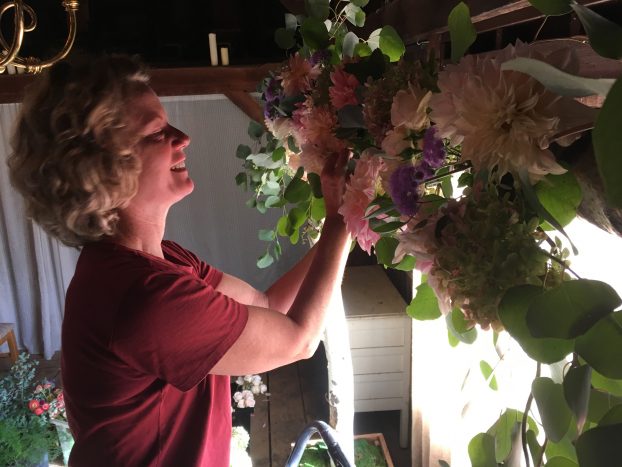
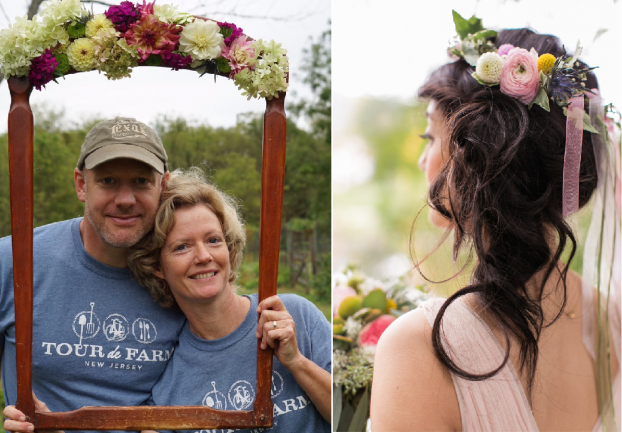
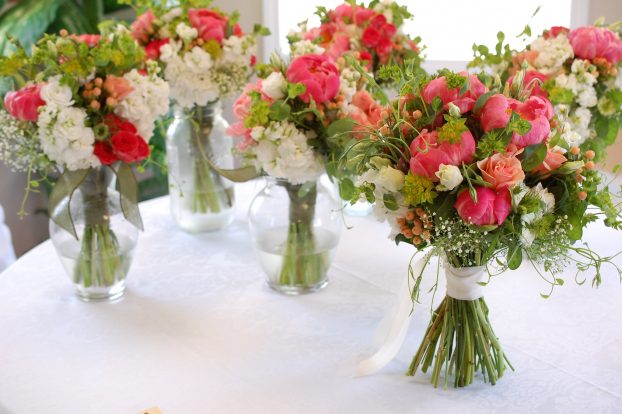
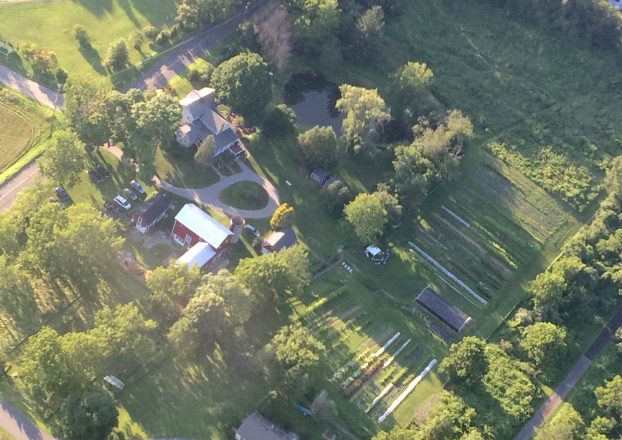
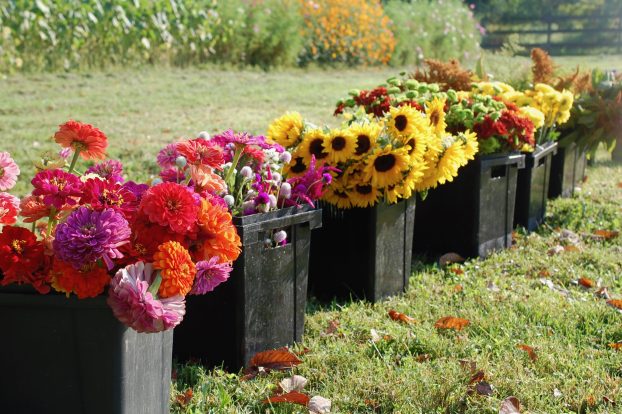
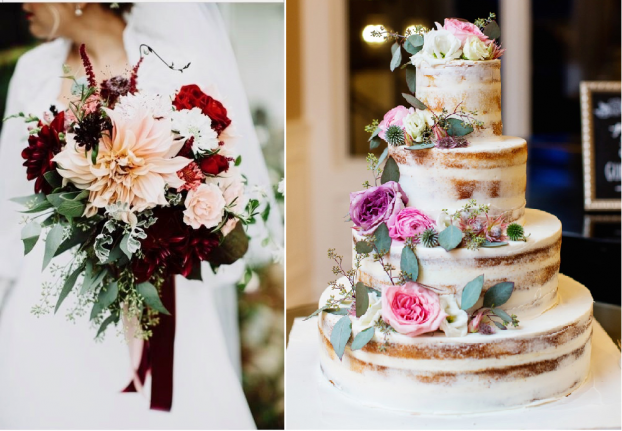
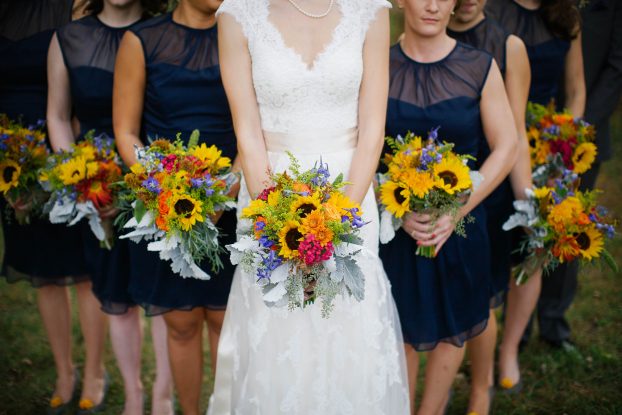
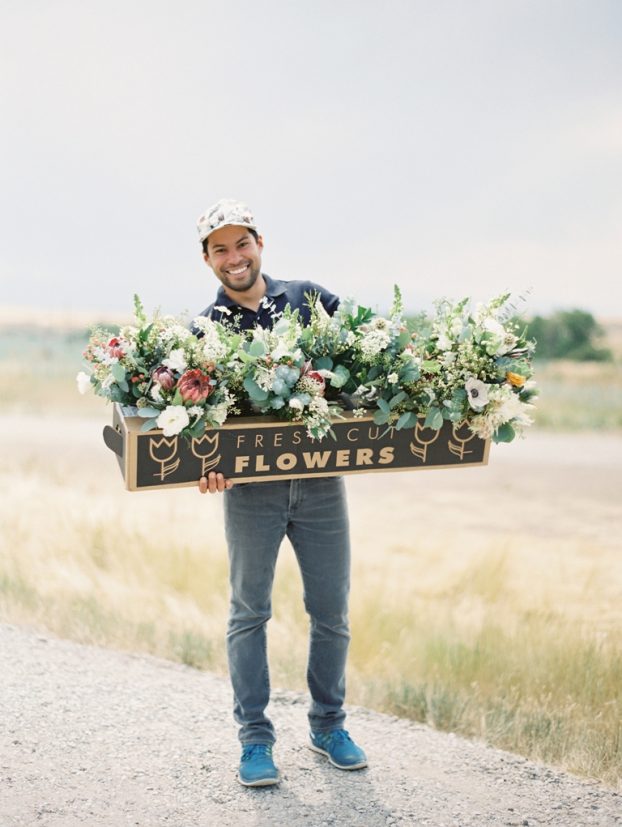
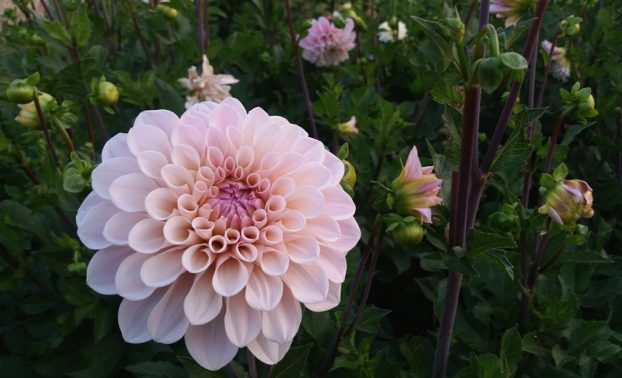
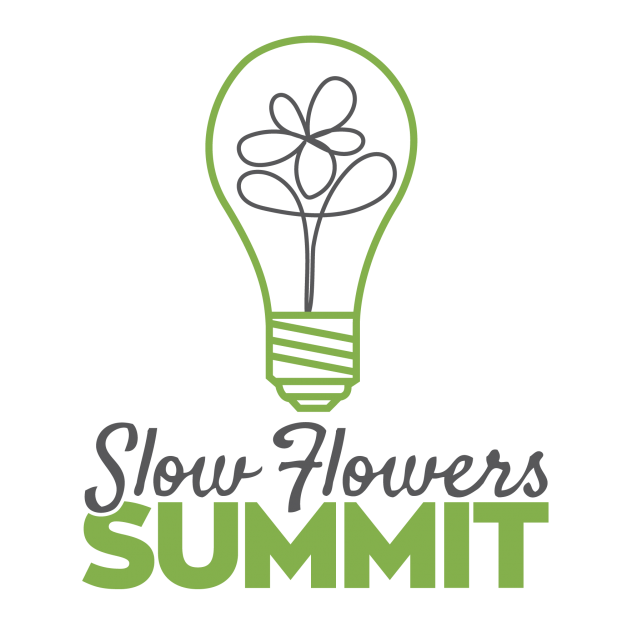
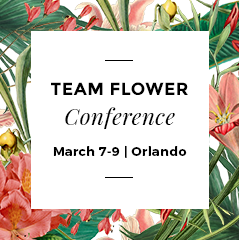
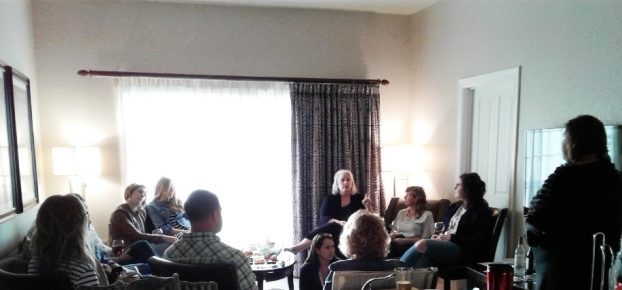
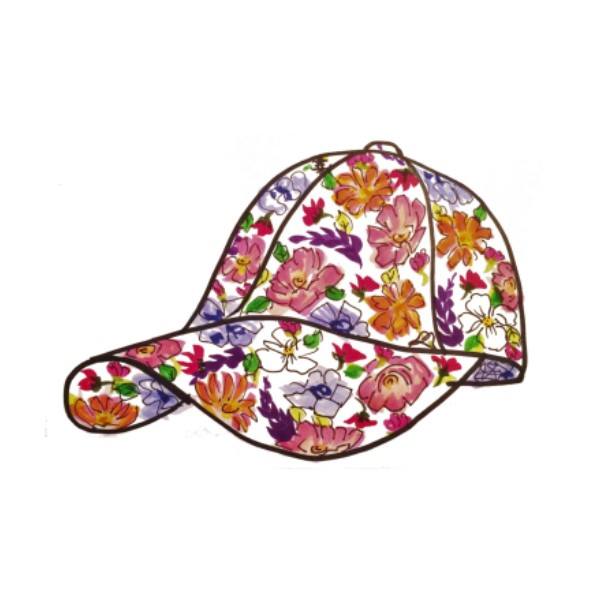
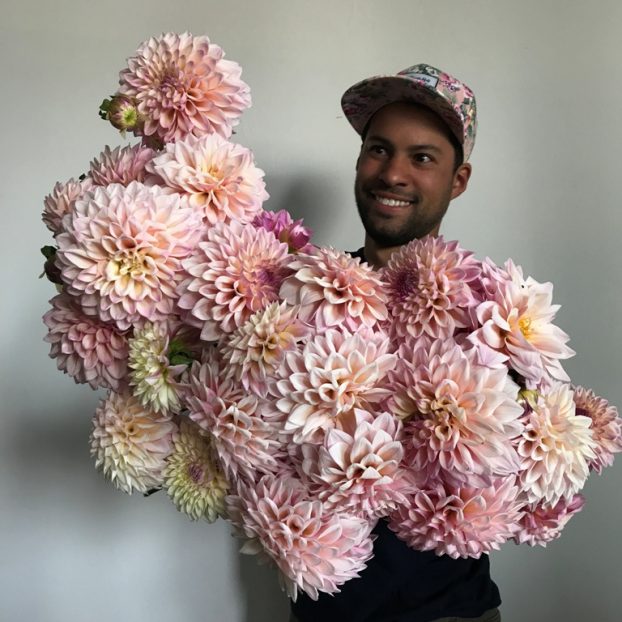
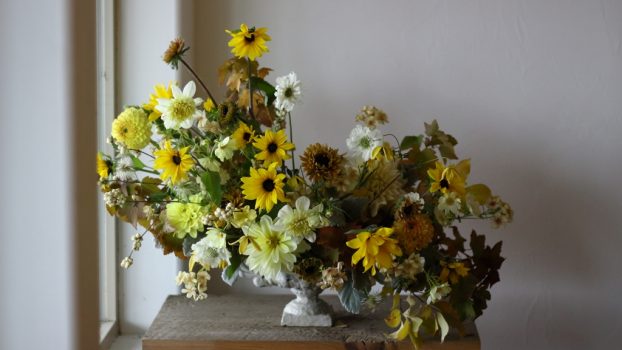
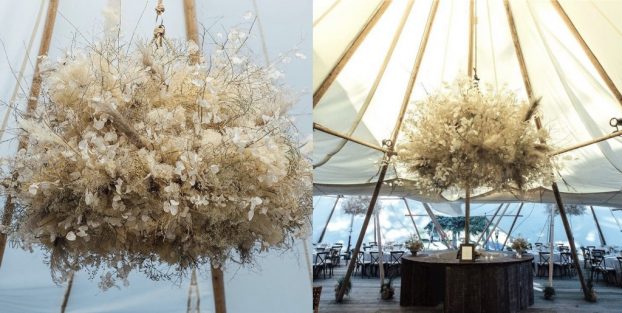
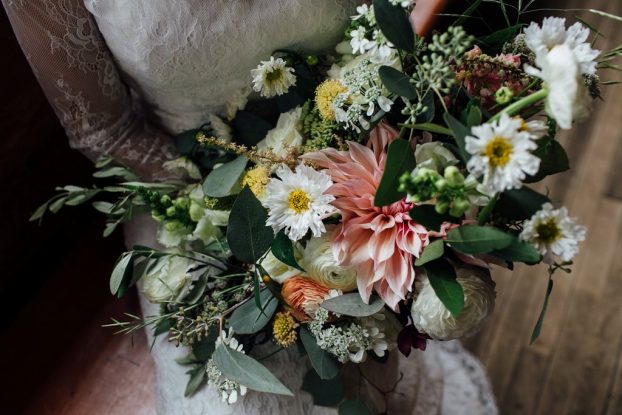
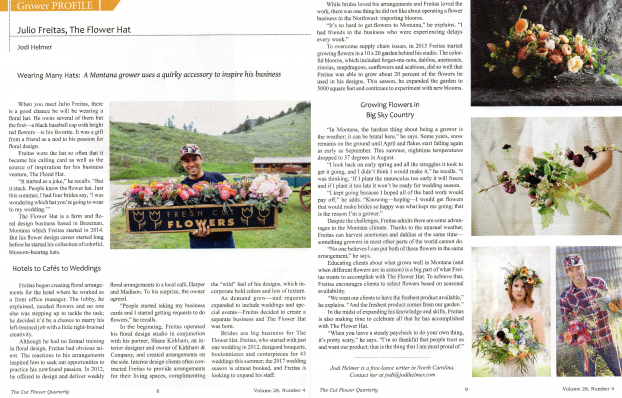
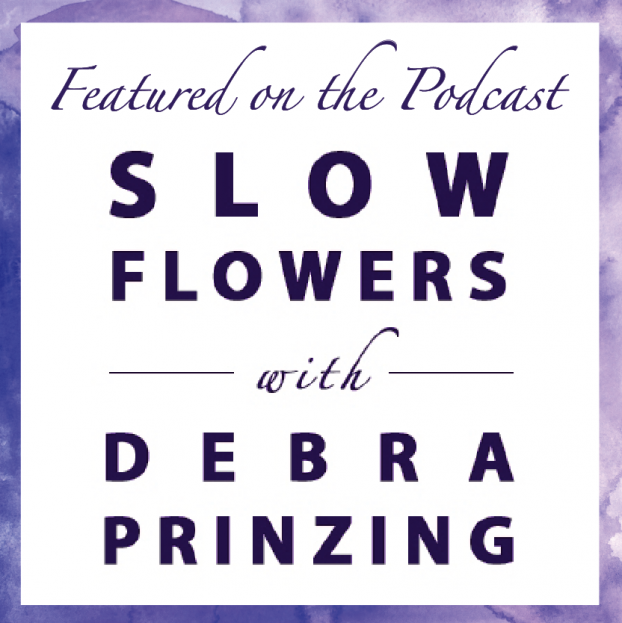

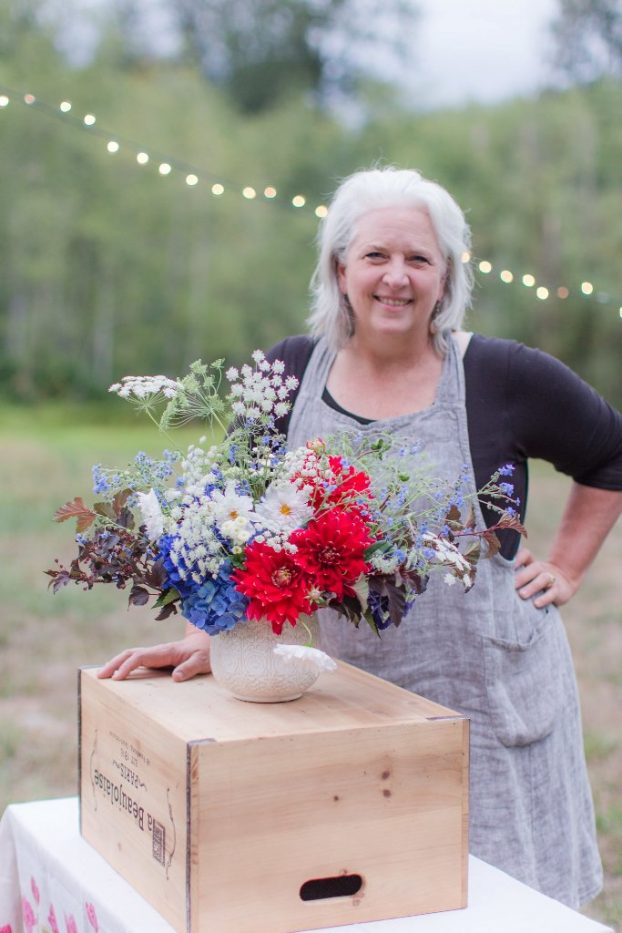
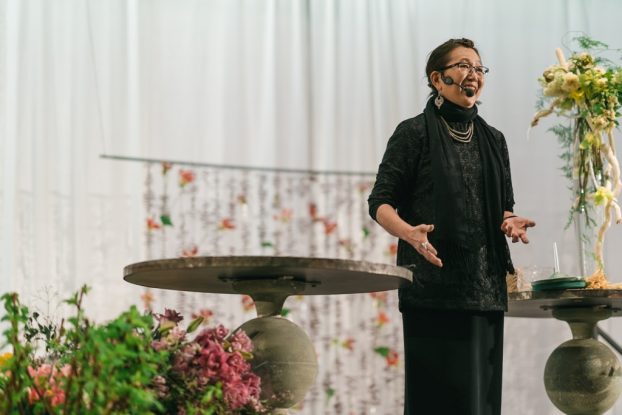
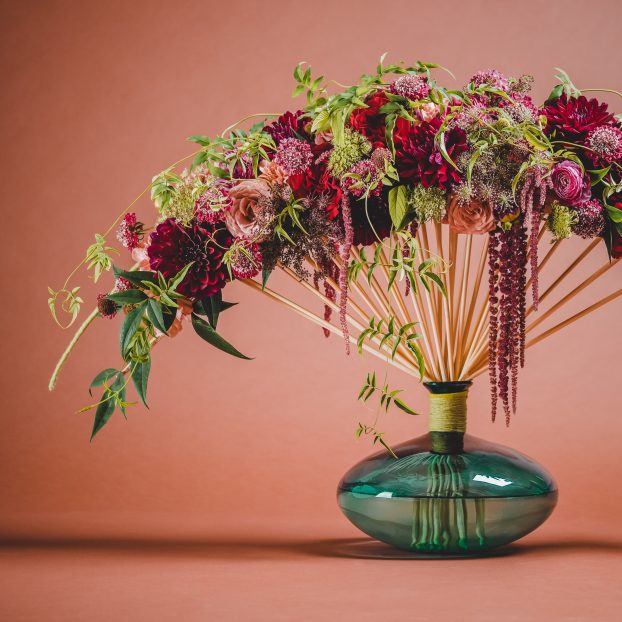
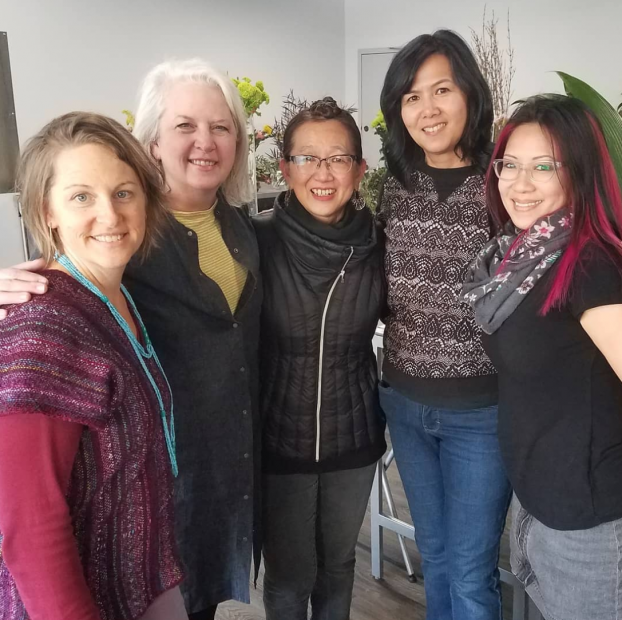
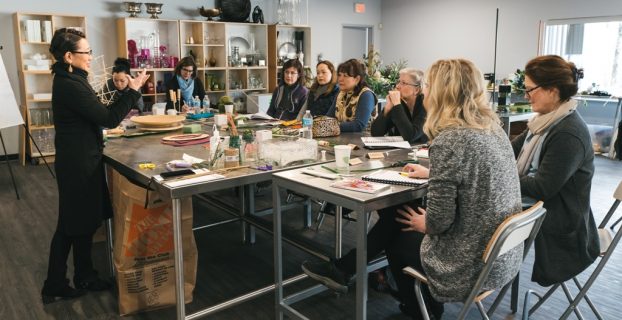
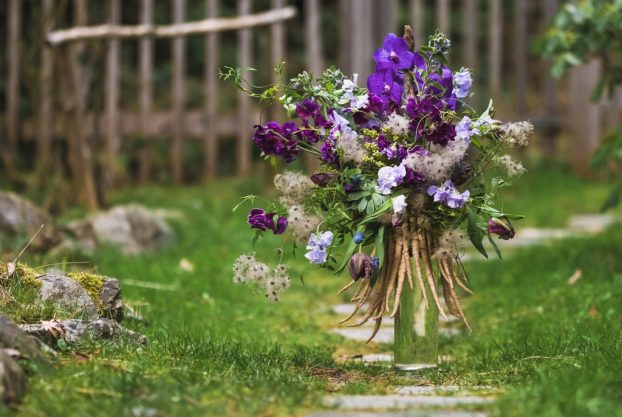
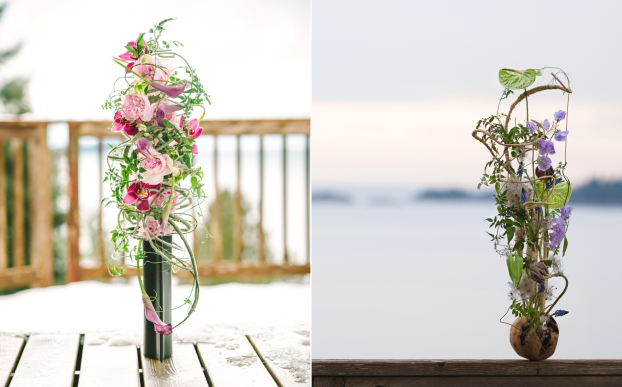
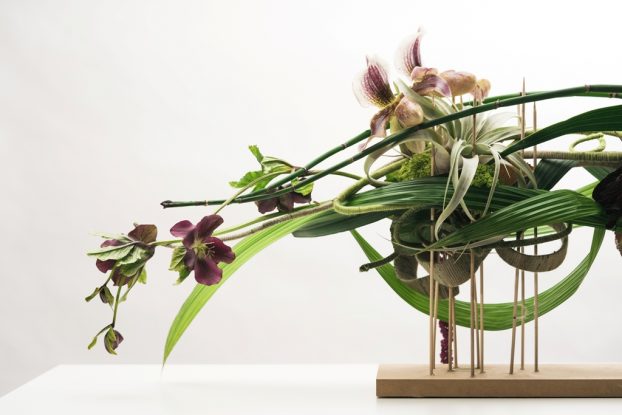
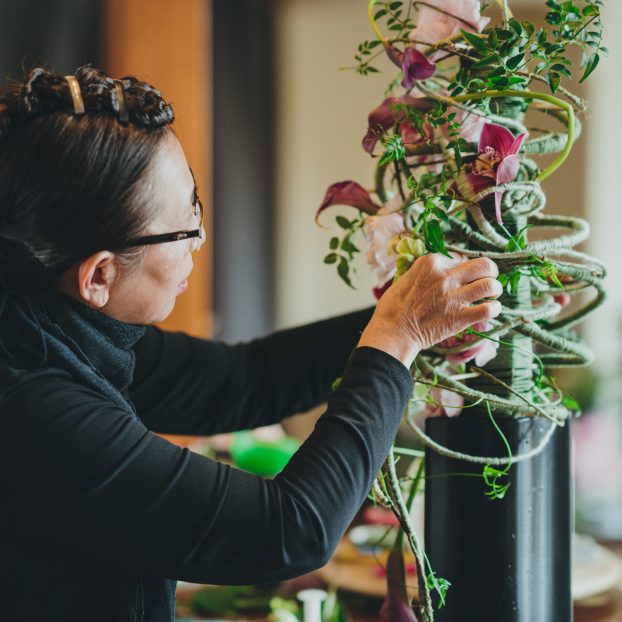
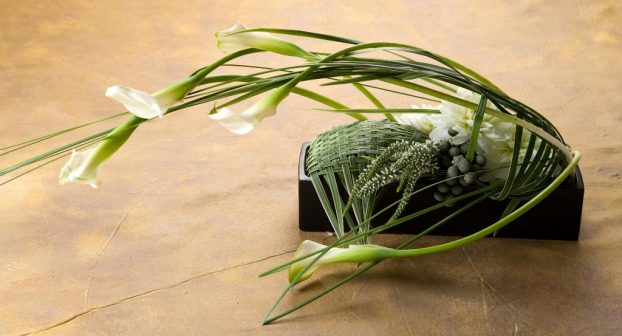
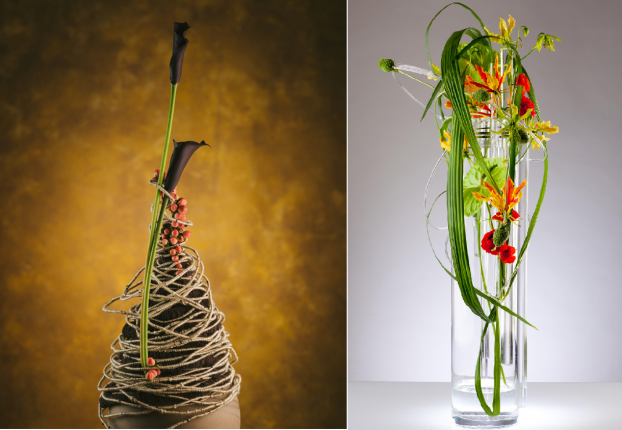

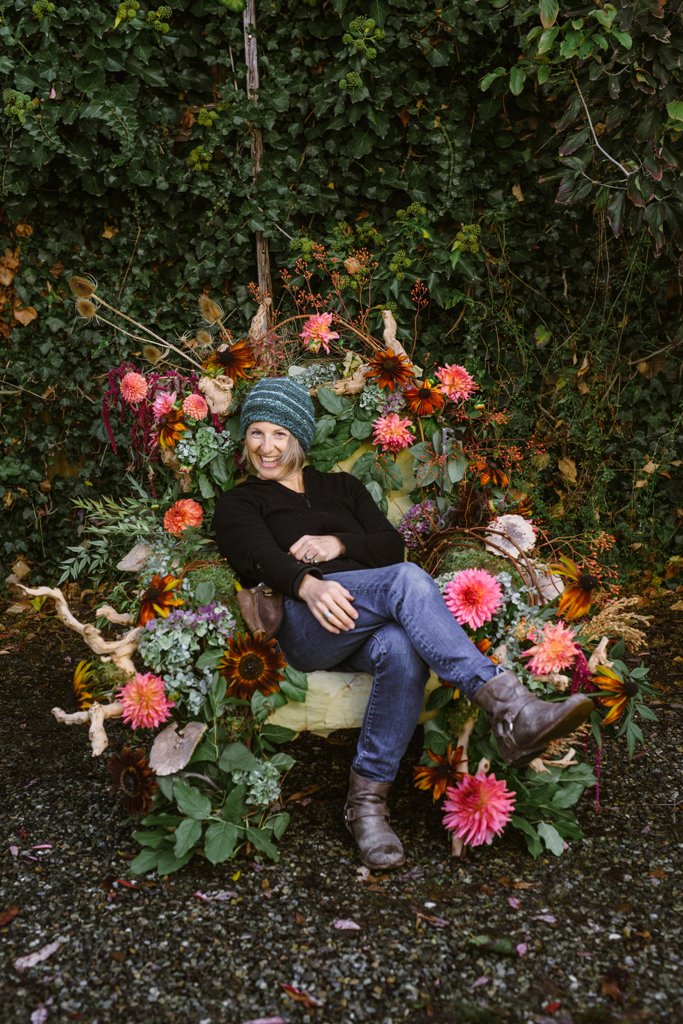

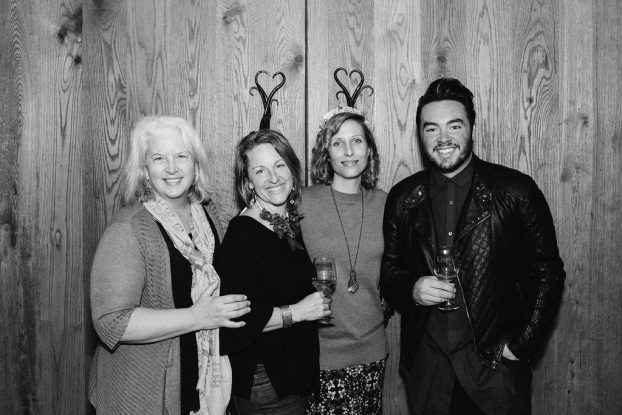
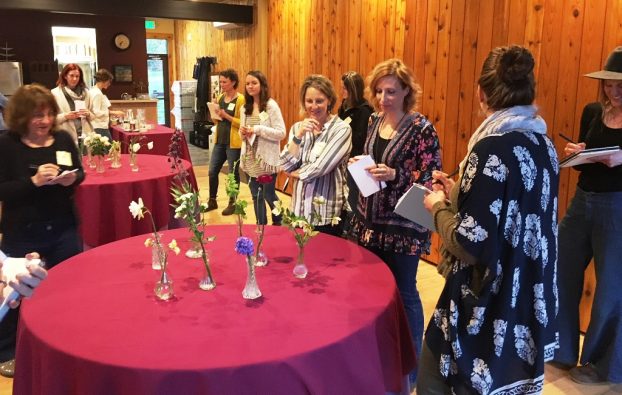
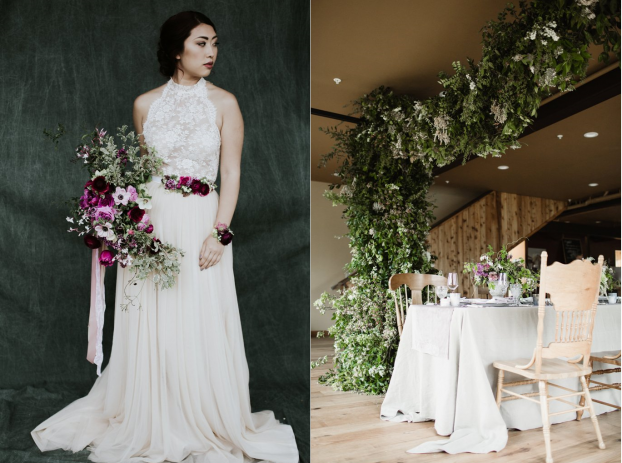
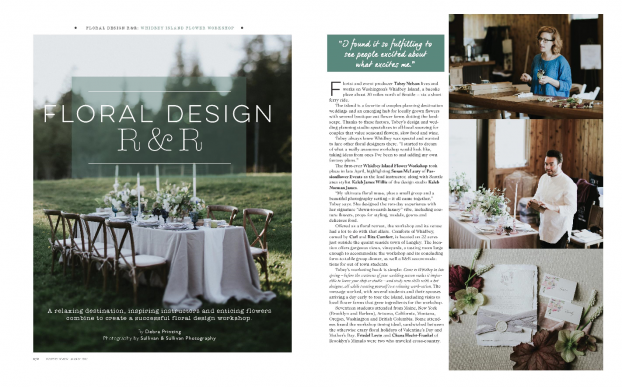

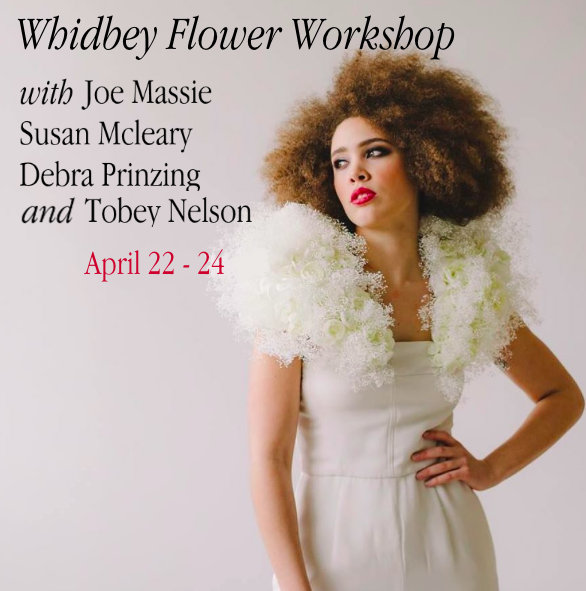
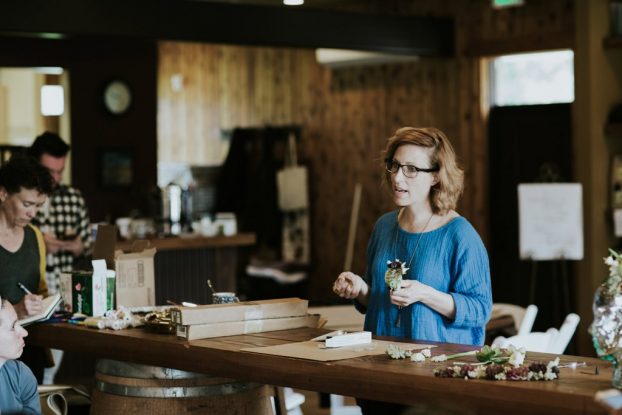
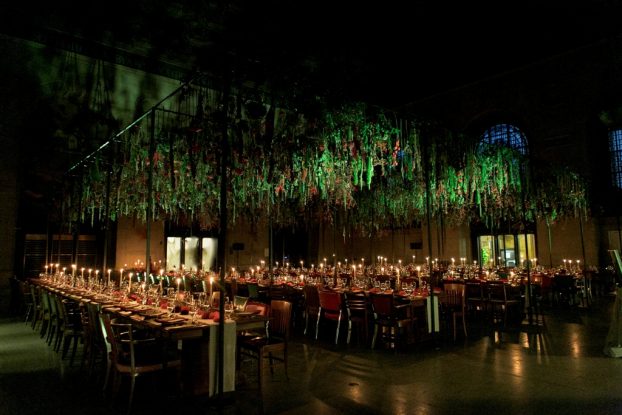
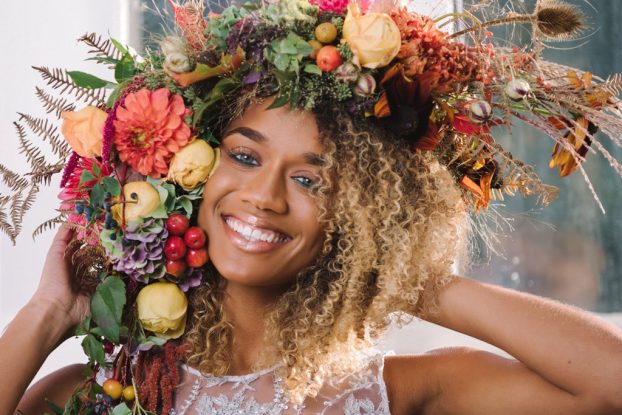


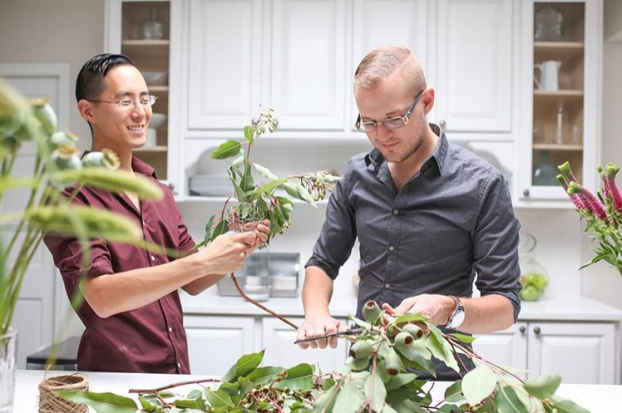
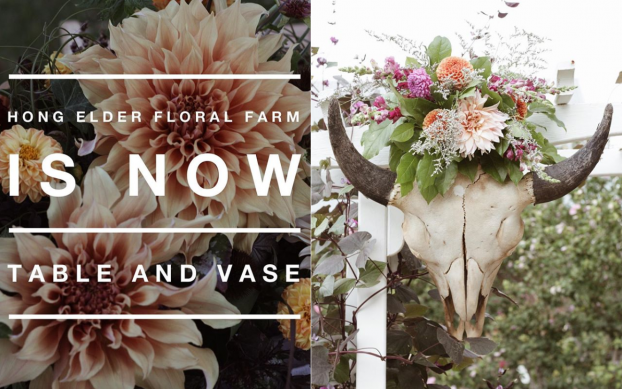
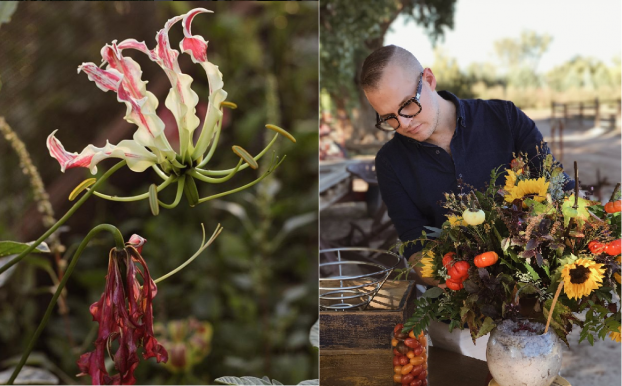
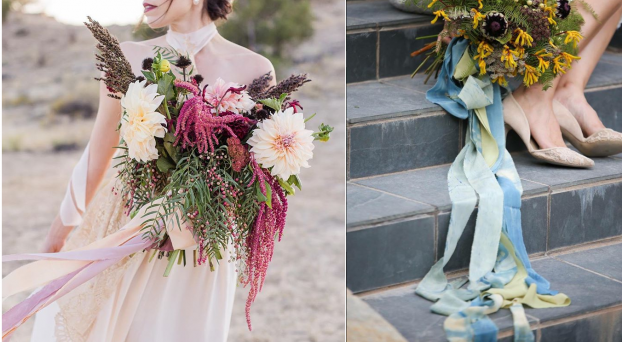
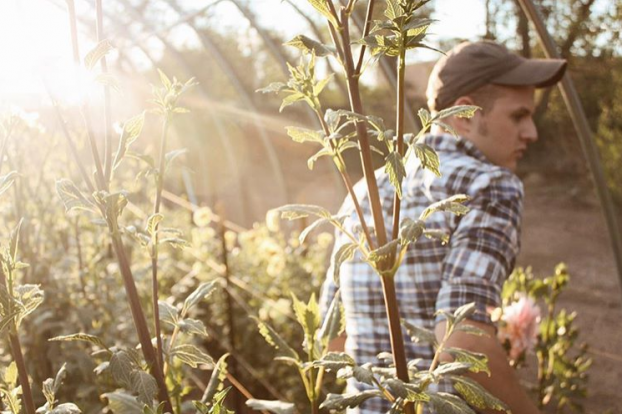
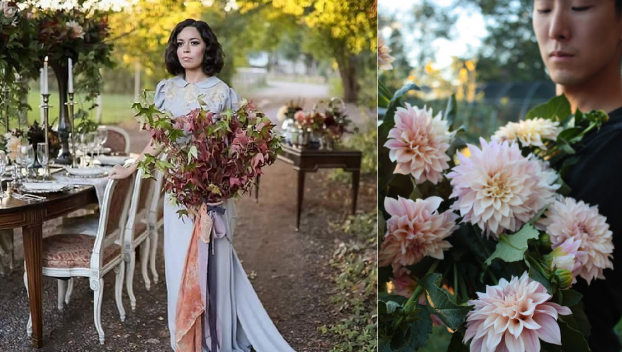
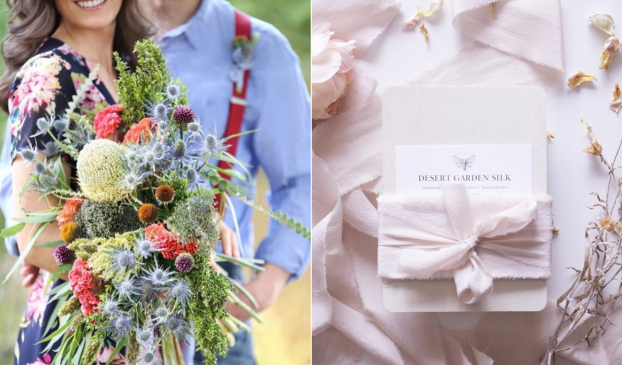
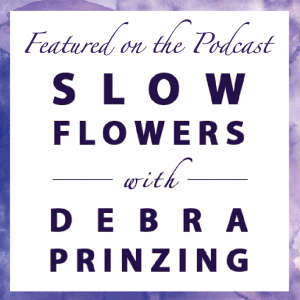
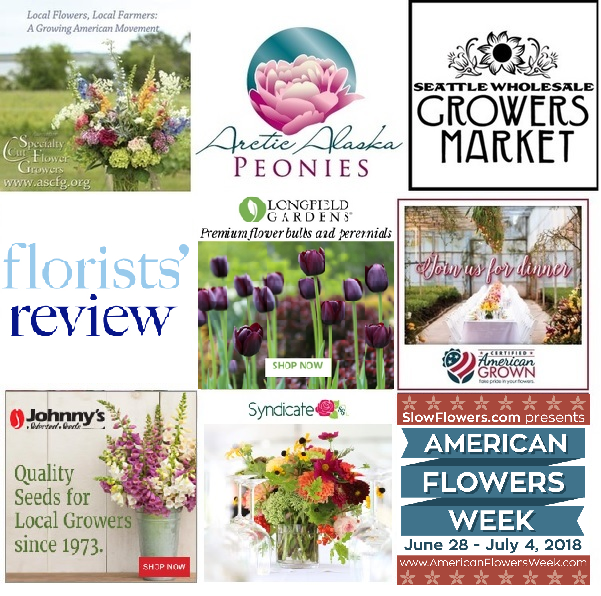
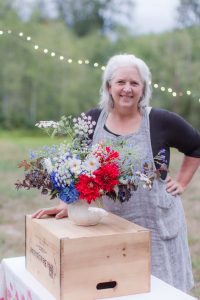
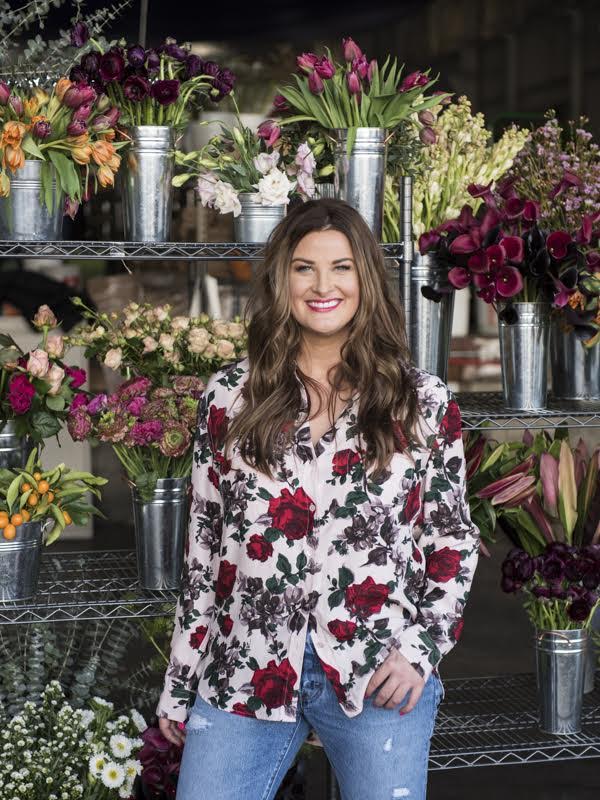
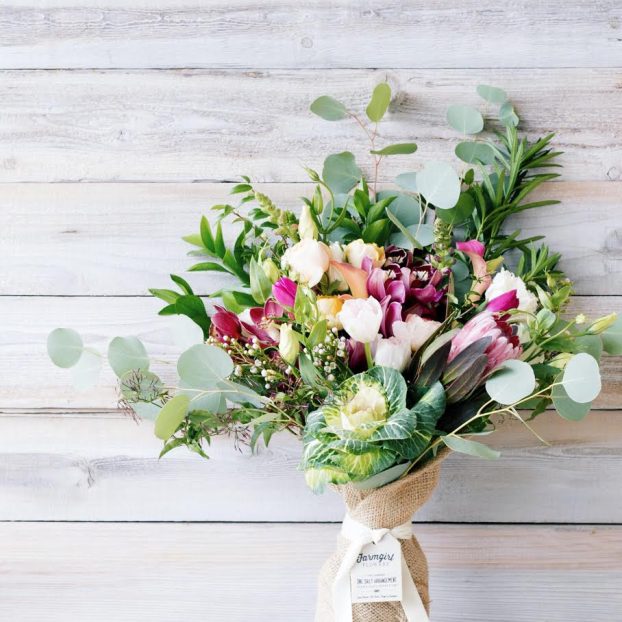
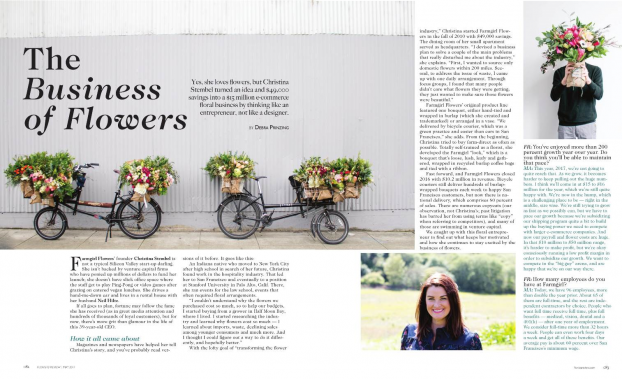
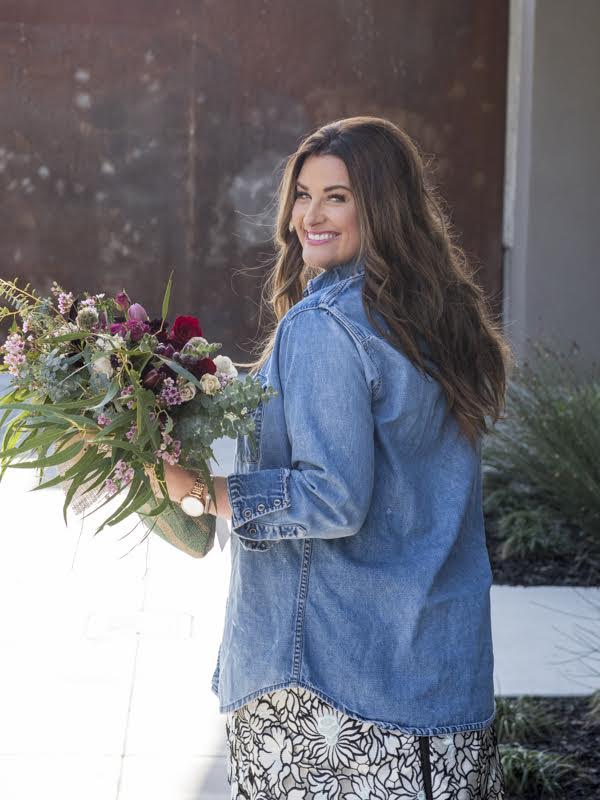
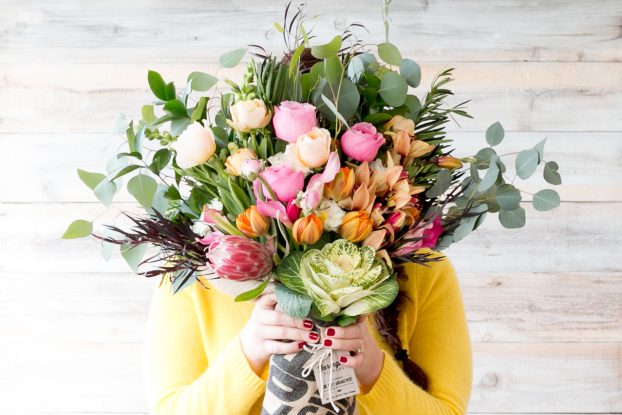
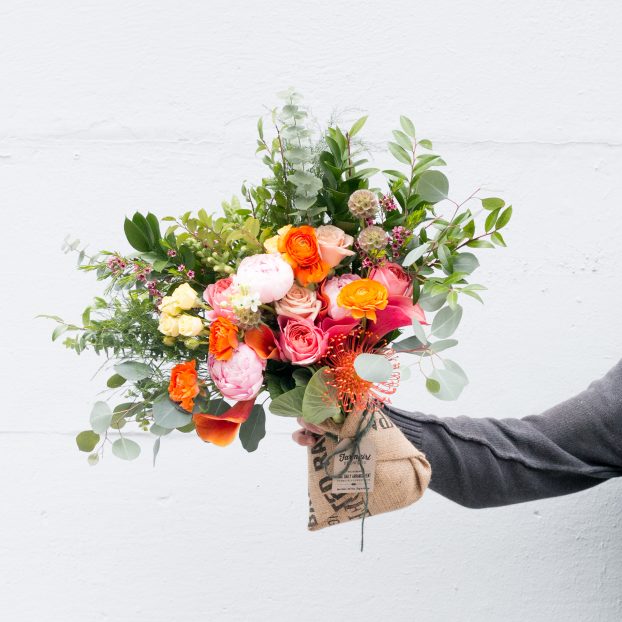
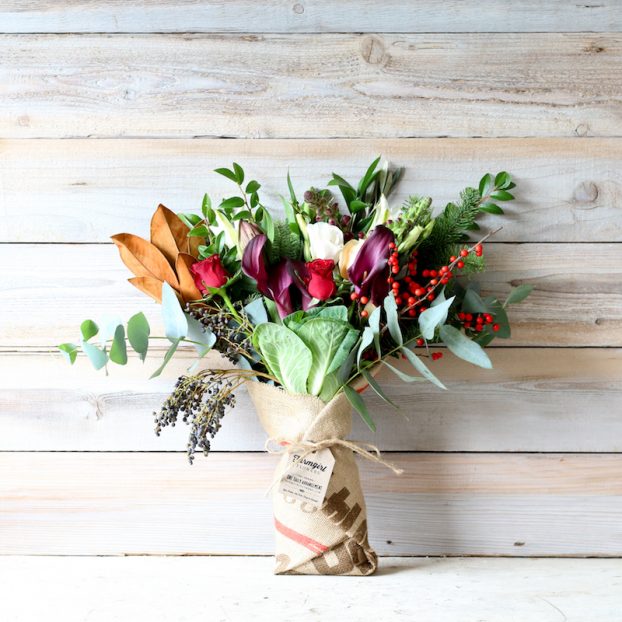
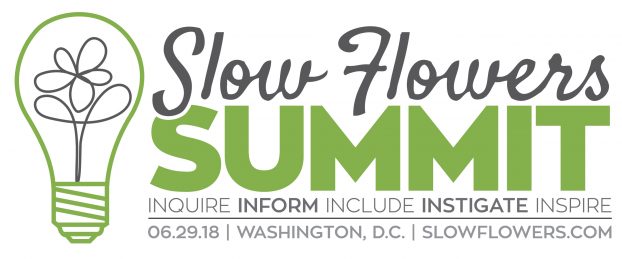
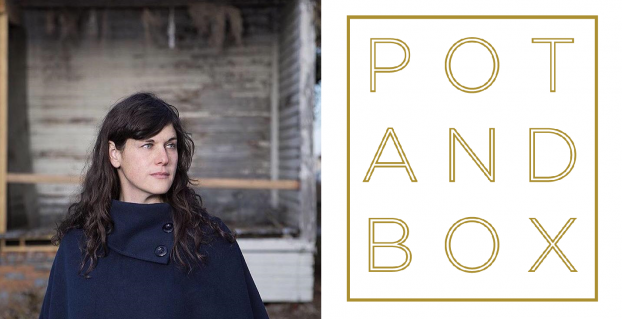
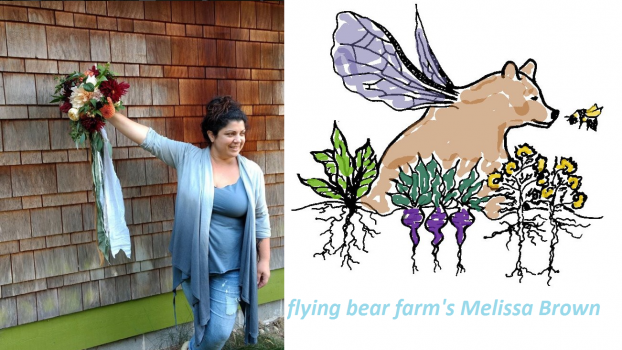
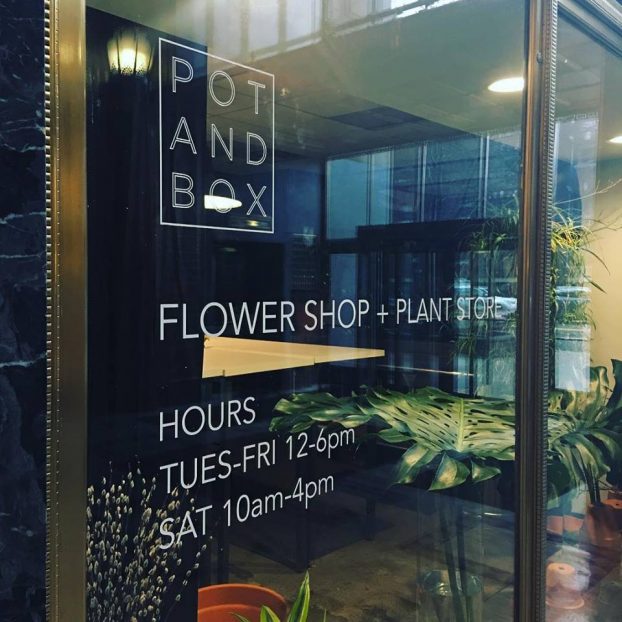
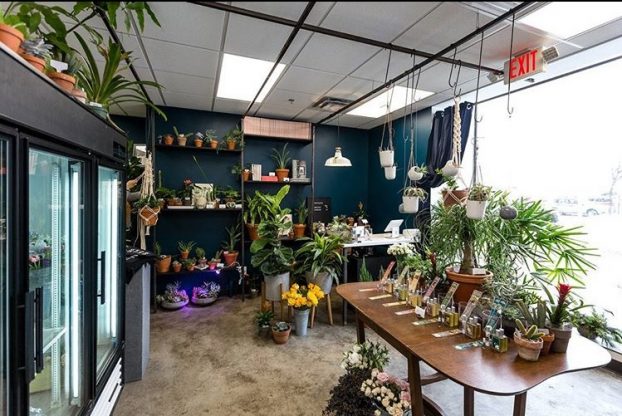
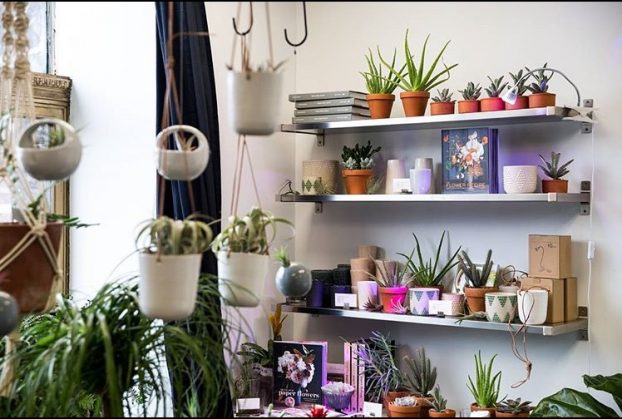
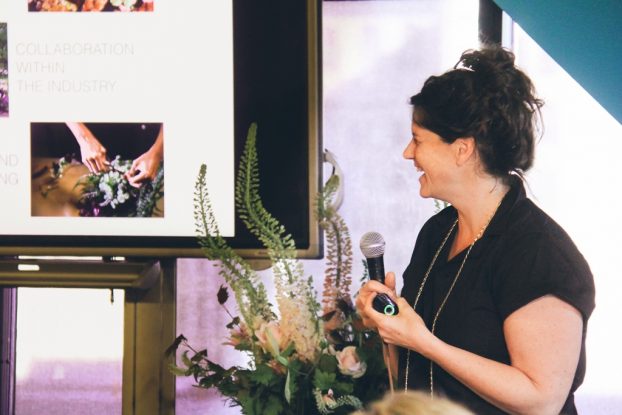
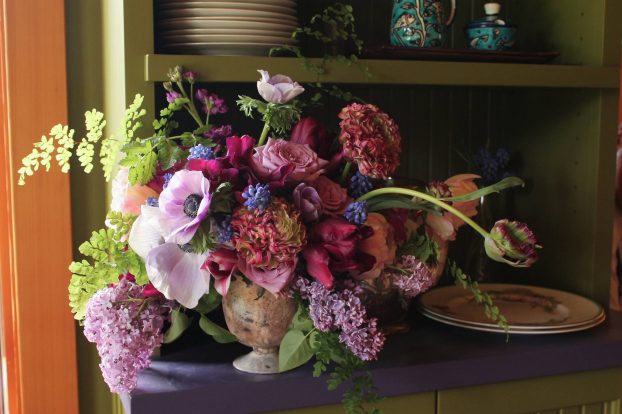
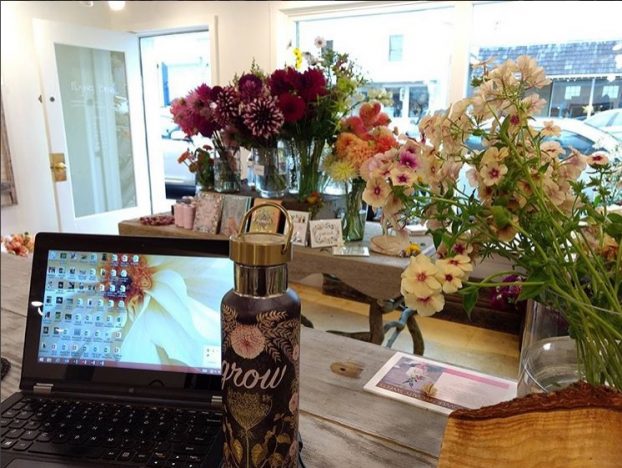
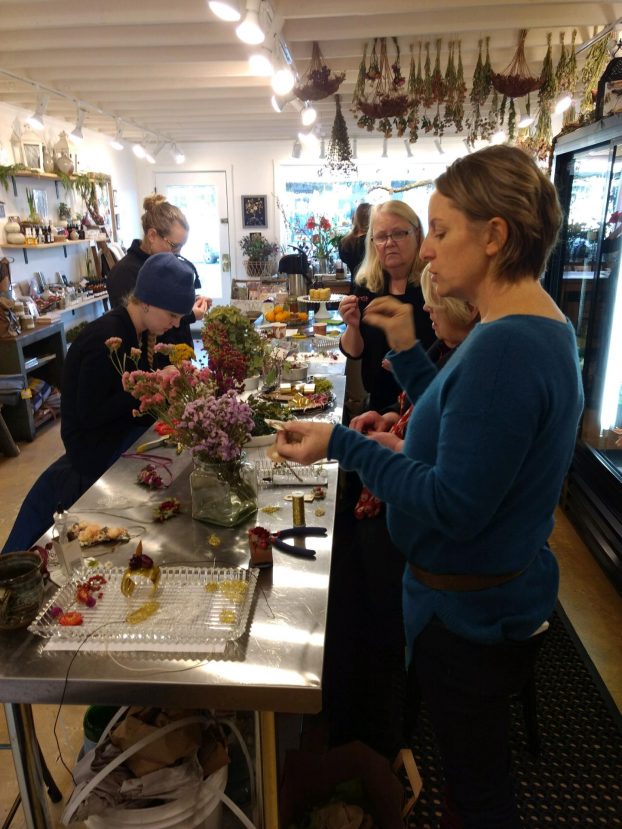
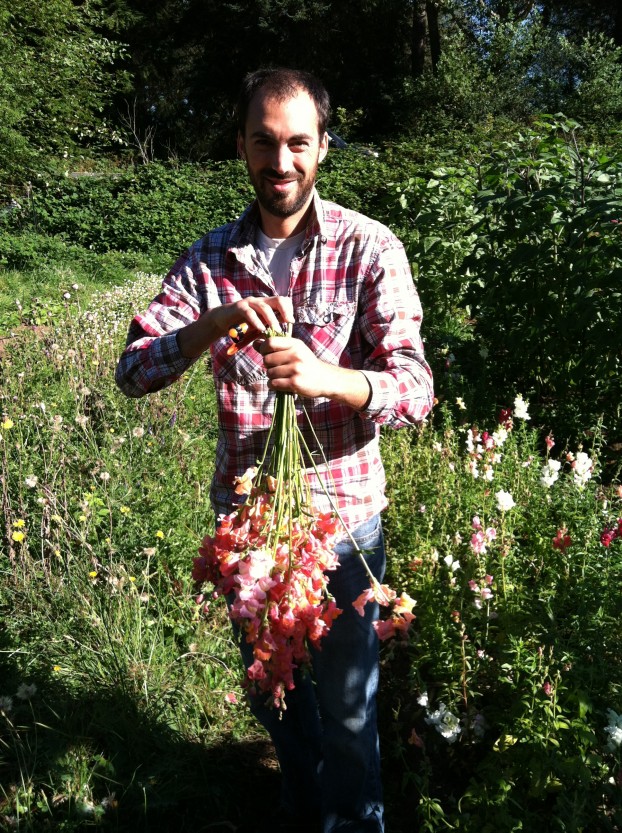
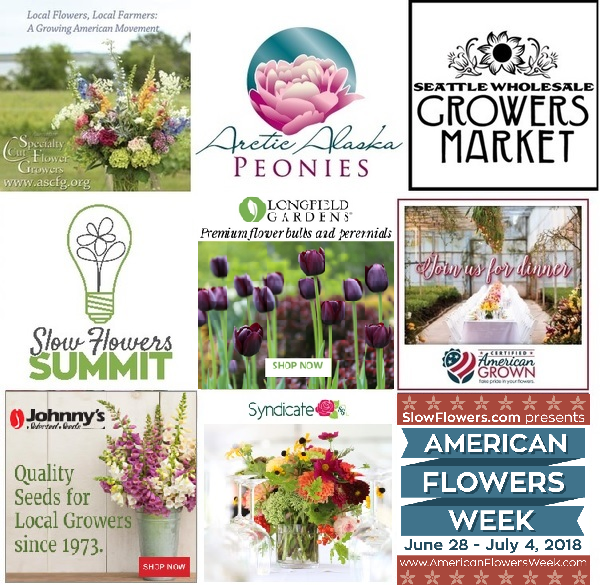

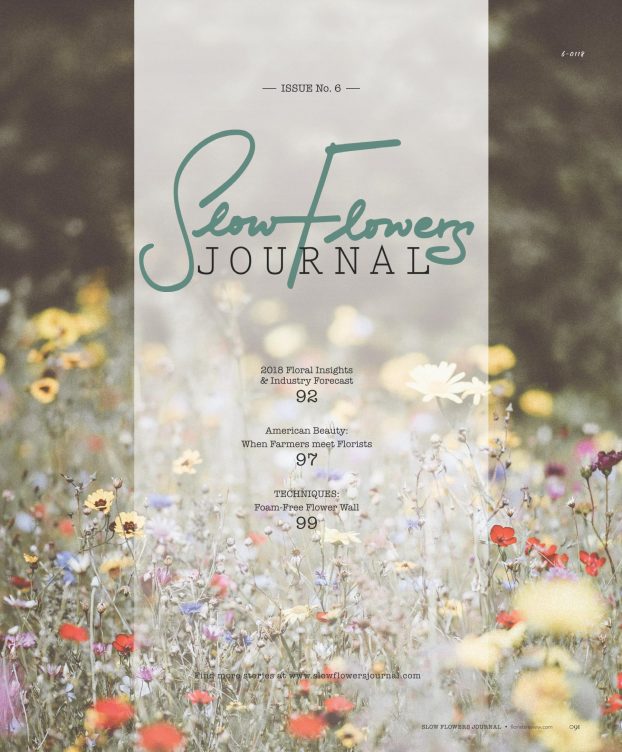
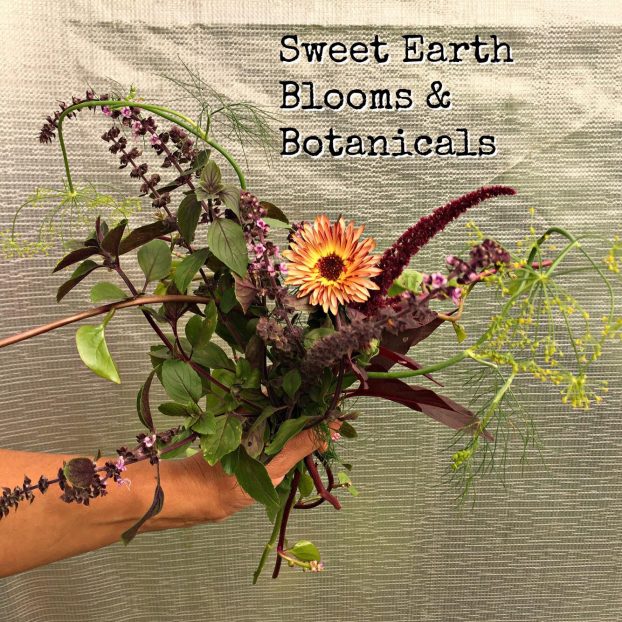
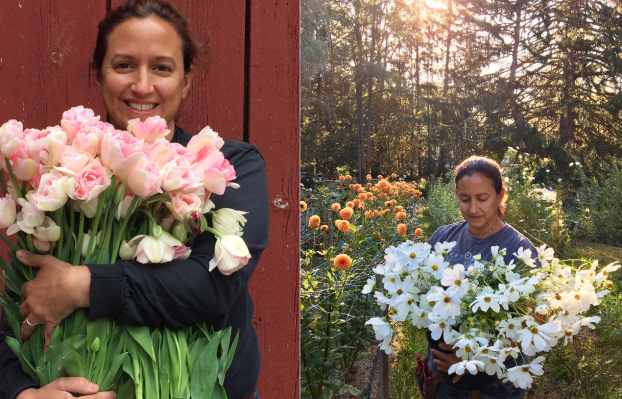
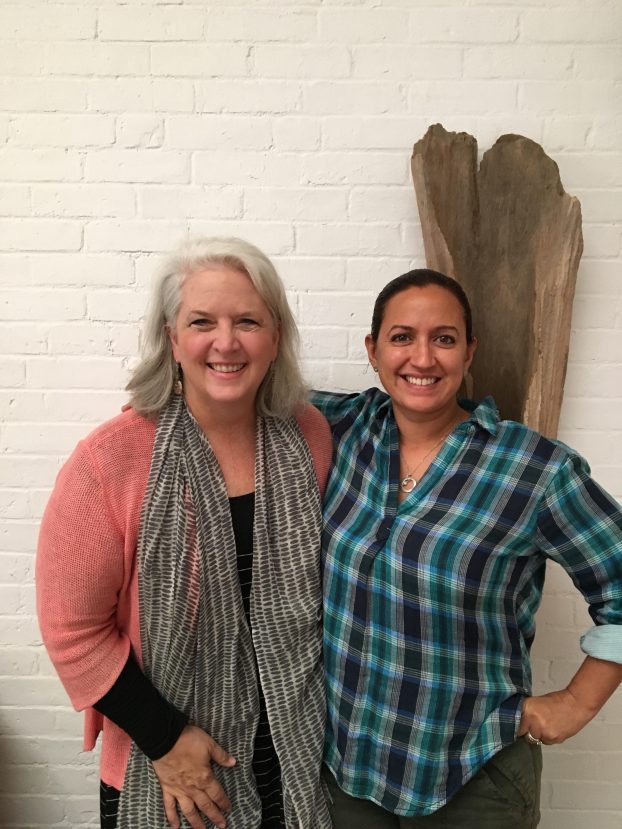
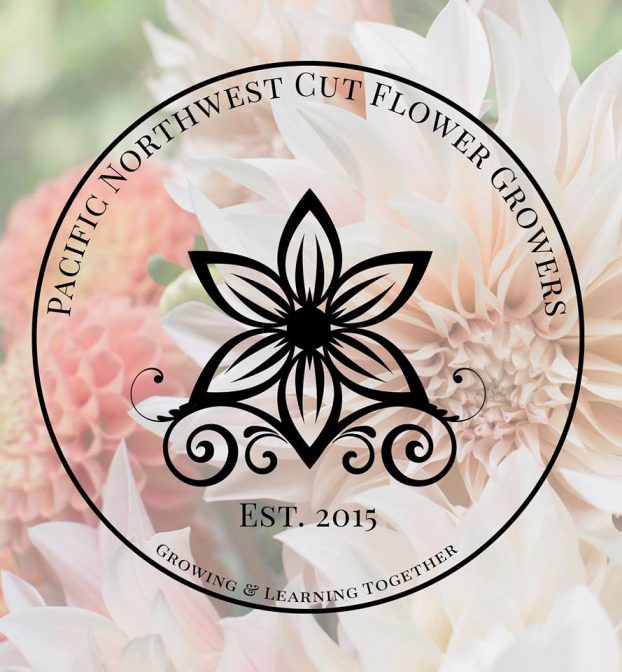
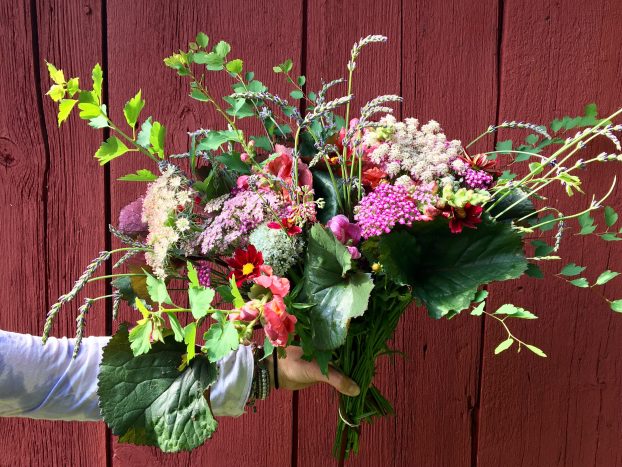
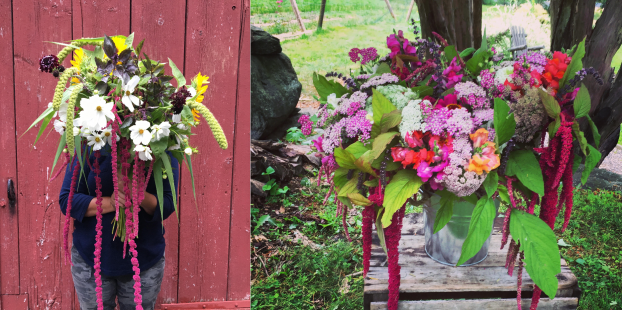
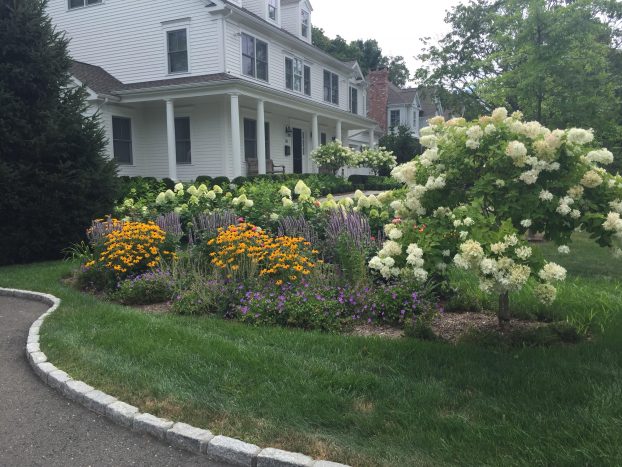
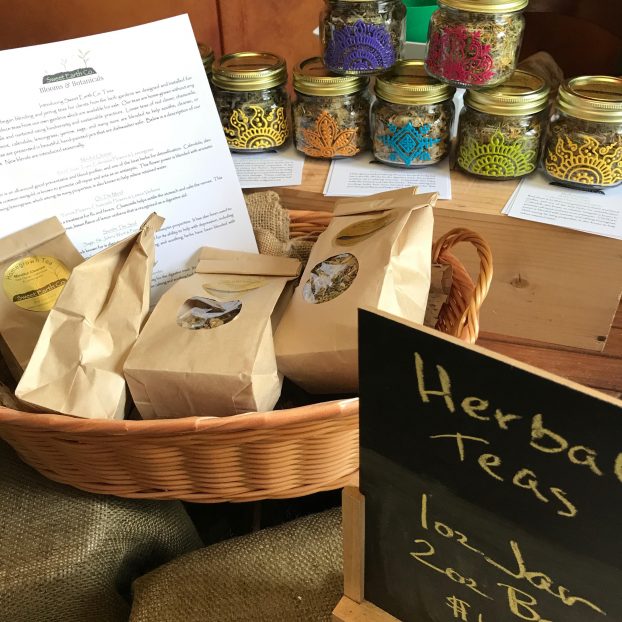
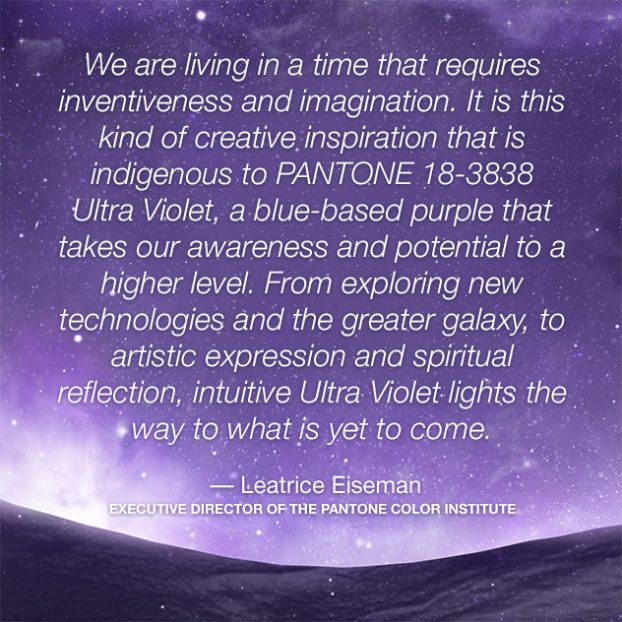


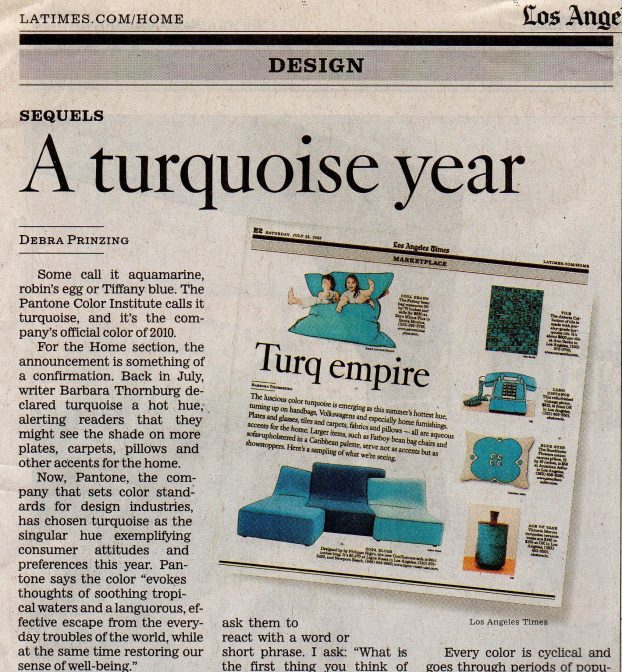
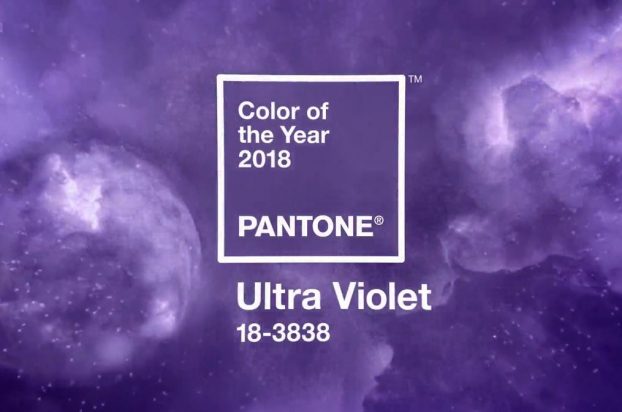
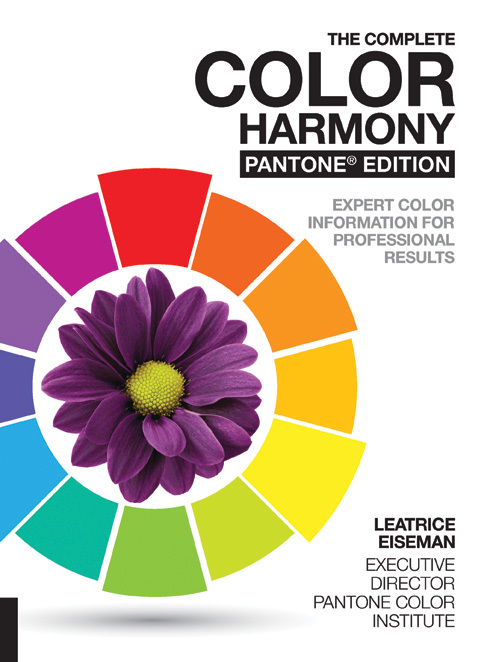

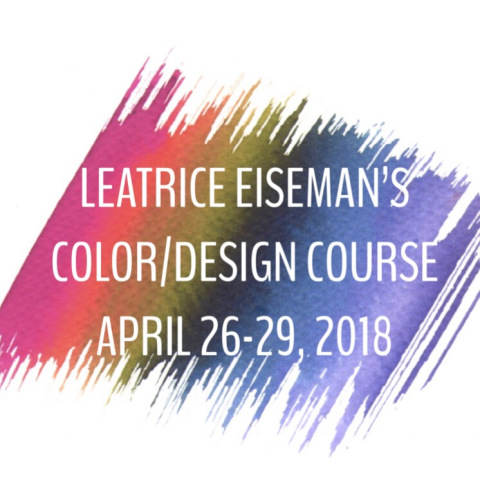 The Pantone Color Institute is a consulting service within Pantone that forecasts global color trends and advises companies on color in brand identity and product development, for the application and integration of color as a strategic asset. Recognized around the world as a leading source of color information through seasonal trend forecasts, custom color development, and palette recommendations for product and corporate identity, Pantone Color Institute partners with global brands to leverage the power, psychology and emotion of color in their design strategy.
The Pantone Color Institute is a consulting service within Pantone that forecasts global color trends and advises companies on color in brand identity and product development, for the application and integration of color as a strategic asset. Recognized around the world as a leading source of color information through seasonal trend forecasts, custom color development, and palette recommendations for product and corporate identity, Pantone Color Institute partners with global brands to leverage the power, psychology and emotion of color in their design strategy.